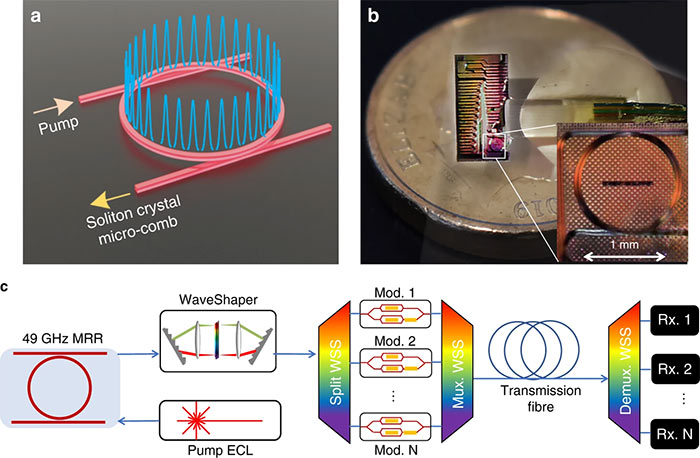Whatever you think about your existing internet connection, it is pretty certain you would be happy to get faster speeds. We are seeing the sizes of games installs, updates, and patches commonly reach 100GB, new games streaming services being set up that benefit greatly for faster connections, and FHD content becoming old hat - with 4K TVs in the mainstream, and 8K TV sets rolling out. As well as using their home connections for leisure pursuits, many readers will be heeding the government's recommendation to WFH, with heavy demands on their consumer broadband.
In March we saw gigabit fibre become somewhat better established in the UK, with Virgin Media adding a million homes in the West Midlands to its Gig1 Fibre service. Most of the country still looks upon such regions in envy - 1Gb fibre is approx 20x faster than the regional average in the UK. Technology never stands still though, so what will be next, and what are the limits of the existing fibre network that is only just becoming established as mainstream?
Researchers based in Australia (Monash, Swinburne and RMIT universities) have successfully tested an internet connection capable of a raw bit rate of 44.2 terabits per second (44.2Tbps), or of achievable lab/field test speeds of approx 39Tbps.
Key to the above noted progress was the replacement of standard laser arrays with an optical device called a microcomb. A microcomb "generates very sharp and equidistant frequency lines in a tiny microphotonic chip," according to Phys.org.
Importantly, microcomb tech is compatible with existing fibre optic lines. "Fibres that we already have in the ground...to be the backbone of communications networks now and in the future," said Bill Corcoran of Monash University. That will hopefully mean the telecoms companies won't have to dig up all the roads again to replace existing infrastructure.

If you want to discover more about the technical details providing some background of this advance, you can read through the full 'Ultra-dense optical data transmission over standard fibre with a single chip source' paper, published by Nature, linked below.






